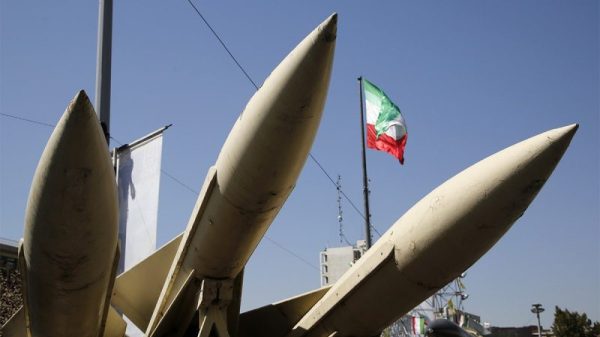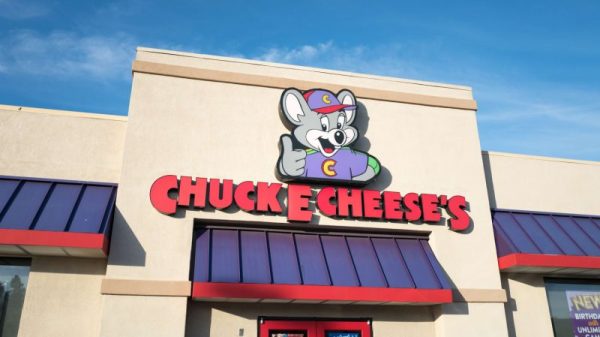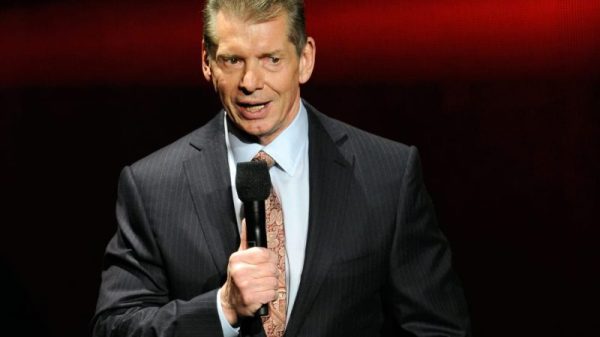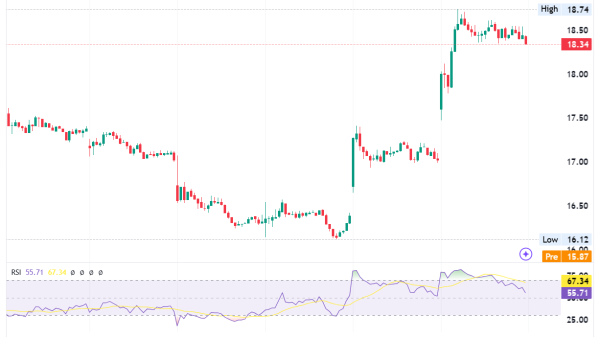Impact of Israel-Hamas War on Global Commodities
The Israel-Hamas war, a recurring conflict in the volatile region, has once again taken centre stage. The World Bank recently issued a warning, citing the possibility of a significant rise in commodity prices, particularly oil, with ripple effects on global food supplies and various industrial sectors.
Escalation and Commodity Prices: A Looming Threat
The World Bank’s caution is not unfounded. The conflict between Israel and Hamas has the potential to send shockwaves throughout the global economy. One key concern is the oil price, which has remained relatively stable despite the ongoing hostilities. According to the World Bank, if the situation escalates and leads to a substantial disruption in the oil supply, we could see a spike in oil prices by as much as 75%.
In a worst-case scenario, this could mean oil prices surging to around $157 a barrel. Such a drastic increase would undoubtedly have far-reaching consequences, not only for energy markets but also for various other sectors. The price of industrial metals could rise due to higher transportation costs, and even gold, traditionally viewed as a haven during times of turbulence, may see increased demand.
Lessons from History and Present Realities
The World Bank’s report draws parallels with past conflicts in the region, such as the 1973-74 Arab oil embargo, the Iran-Iraq war of the 1980s, and the Iraq invasion of Kuwait in 1989, all of which led to significant spikes in oil prices. However, it notes that more recent disruptions, like the Libyan civil war in 2011 and attacks on Saudi oil facilities in September 2019, resulted in less severe and shorter-lived price spikes. This was partly due to the availability of supply from other sources.
The report acknowledges that the current market conditions are significantly different. Global reliance on oil, gauged by oil intensity and offset by the ascent of renewable energy sources, continues to decrease. Diversified sources, oil futures’ development, and strategic reserves aim to soften the impact of the Israel-Hamas conflict on commodities.
In conclusion, as the Israel-Hamas war continues to unfold, the global economy watches with bated breath. The implications are far-reaching, extending beyond the region’s borders. The World Bank’s warning on commodity price spikes, especially in oil, emphasizes the necessity of diplomatic action to foster stability. Emphasizing the need for energy source diversification and bolstering global commodity market resilience is crucial when confronting geopolitical challenges.
The post Impact of Israel-Hamas War on Global Commodities appeared first on FinanceBrokerage.




























